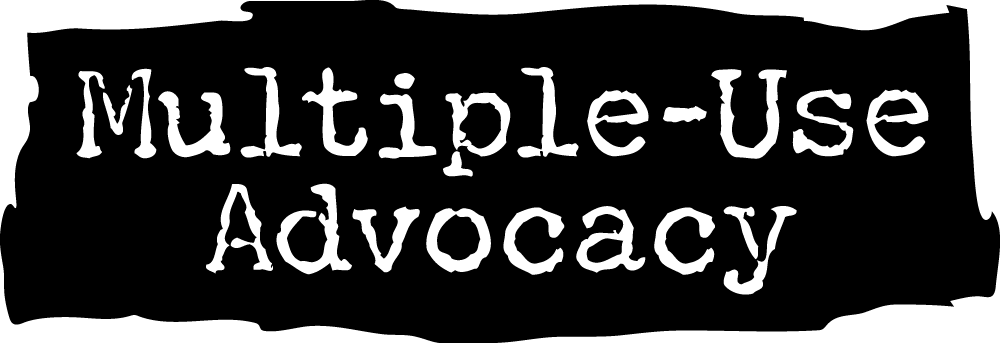Last week, EPA released a rollback of Greenhouse Gas (GHG) reporting for the oil and natural gas industry, in alignment with the One Big Beautiful Bill’s ten-year pause on the methane emissions tax—or bureaucratically, the Waste Emissions Charge (WEC). Now, I’m not privy to the discussions, but I can almost guarantee what’s going to happen in trade associations. Large, publicly traded companies are going to urge retention of GHG reporting, and will try to convince even small companies to go along with that approach.
It’s a case of Stockholm Syndrome. EPA Administrator Lee Zeldin is committed to rolling back unlawful, economy-debilitating climate change regulation that would have an infinitesimal impact on climate change* but a deleterious effect on the industry and all energy consumers. Despite President Trump’s successful efforts in rolling back Environmental Social and Governance (ESG) nonsense, large companies remain under the sway of activist shareholders, and worry that if they don’t continue to bend the knee to the ESG gods, when the political environment changes, they’ll pay the price for not retaining fealty.
Might I humbly suggest that companies and trade associations with that belief simply continue to report GHG emissions via their existing ESG reporting processes? Or band together as they have with API’s Environmental Partnership to reduce methane emissions and continue to report GHGs. Industry has a three-and-a-half decade record of success reducing methane emissions, most achieved without regulation. The Environmental Partnership has been a key component of that success. Keep those good efforts going without saddling small companies with onerous regulation. The Biden GHG reporting and WEC regulations caused even the smallest companies to go through the time-consuming and costly exercise of reporting GHGs only to discover that they’re under the regulatory threshold to report anyway.
Meanwhile, the Trump regulatory roll-back machine is starting to move at the Interior Department as well. I was pleased to see BLM’s announcement last week of rulemaking to roll-back the unnecessary and unlawful public lands rule, and the sage-grouse plan comment period is nearing the end. I’m not developing comments for any clients on the latter, but I would note that the plan for all other states except Wyoming retains the very misguided Targeted Annual Warning System (TAWS). TAWS is a confusing system that lacks an adequate scientific evidentiary basis, and will be near-impossible for BLM to implement.
Again, I don’t know for sure, but I suspect that career BLM staff convinced BLM leadership to retain TAWS in order to be consistent with the already completed Colorado and Oregon plans. That’s a bad reason. Range-wide mitigation planning considerations are not compelling, given that the Federal Land Policy and Management Act requires state and local planning, not multi-state or range-wide planning. On one hand, BLM is rightfully rejecting region-wide planning by rescinding the conservation rule while at the same time retaining the concept in the sage-grouse plan amendment. TAWS should go.
* See my comments on the since-rescinded Energy Department review of climate change science, where I discuss how removing all U.S. GHGs, a completely unrealistic scenario, would affect global warming by an unmeasurable by 0.052 of a degree Celsius.

